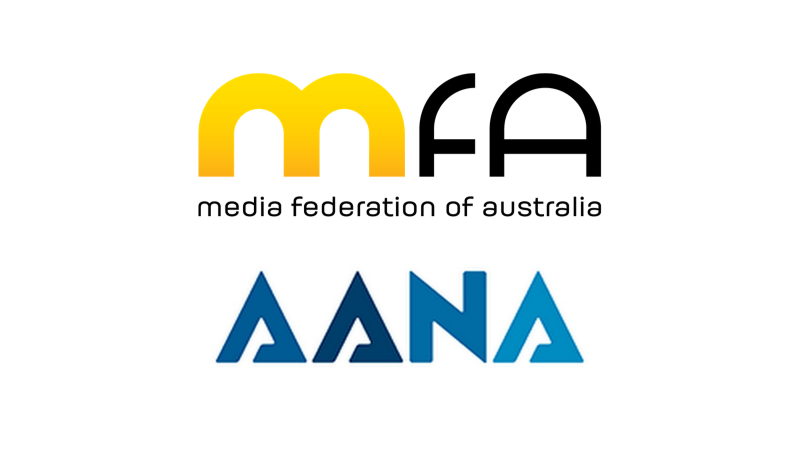MFA won’t endorse new AANA contract because it is ‘unduly onerous’ on media agencies
The Media Federation of Australia (MFA) has hit back at the Australia Association of National Advertisers’ (AANA) latest media buying services agreement, which it has said is “improbable if not impossible to comply with” for media agencies.
The new agreement, which acts a template contract to govern the relationship between media agencies and advertiser clients, is an improvement on the previously “unworkable” version, according to the MFA, but still has “key issues” that make the agreement unfairly burdensome upon agencies.
 Among the MFA’s concerns are the obligations the agreement places upon agencies around third-party relationships. Transparency is under the microscope thanks to the Australian Competition and Consumer Commission’s digital platforms report – which recommended an inquiry into “opaque” media agencies – the industry body acknowledged in a white paper responding to the AANA agreement, and should be addressed in contracts. But transparency may not always be “legally and practically” within the agency’s control.
Among the MFA’s concerns are the obligations the agreement places upon agencies around third-party relationships. Transparency is under the microscope thanks to the Australian Competition and Consumer Commission’s digital platforms report – which recommended an inquiry into “opaque” media agencies – the industry body acknowledged in a white paper responding to the AANA agreement, and should be addressed in contracts. But transparency may not always be “legally and practically” within the agency’s control.


what a waste of time
why not work together on it from the beginning?
there are so many issues facing the industry at the moment. Hygiene like this should be efficient and the least of our worries
You are focussing on the wrong things
While you’ve got your eye off the ball there are consultancies, adtech companies and massive digital publishers winning the battle
Yes it’s so true digital publishers, consultants, tech companies are eating a 9 course degustation lunch. They can charge a fortune to marketers without having to disclose their margins and where the money actually went.
You see this is why media agencies can’t sign a contract when they don’t know how third parties make their margins. Although are expected like no other industry to explain what is in every dollar they make and run at a loss. Digital, creative, publishers etc aren’t scrutinised to the minute detail.
If I buy a coffee do I have to get a complete breakdown of the cost of the coffee machine, the coffee beans, the electricity to heat the water, the cup, the dishwashing detergent, the technology to pay for my coffee, the % third party suppliers take, the rent, the salaries?
You ask “why not work together on it from the beginning?”
What? And violate the Master-Servant relationship? Surely you jest.
Dear AANA
Next time you gather everyone together for a detailed look and try and come up with a contract that everyone can endorse, here’s some tips:
1) make sure AANA, and the MFA actually endorse it
2) helpful, but not required, for industry consultants to endorse it. noting that advertisers pay for industry consultants, not agencies.
3) before you organise a function to launch the new contract, make sure the MFA have endorsed it rather than still argue about it
I was at the launch event and it was clear that while this v2.0 of the contract is better, its still not workable. The awkwardness on stage was there for all to see and everyone could tell it was an unfinished discussion. But everyone on stage because teh AANA had organised it and also had an upcoming event to plug
This issue deserves more seriousness than people pushing agendas.
For the sake of the industry, get together behind closed doors, work out something that can be endorsed by both sides, if needed issue an ‘incomplete’ contract that has the sections endorsed by both sides, and then explanatory notes and guidance from both AANA and MFA points of view on clauses where opinions differ.
The current state of affairs is laughable – a month after launch and still no alignment.. when the launch event was meant to proclaim endorsement.
…..do these clowns run the annual Media Hall Of Fame event? If so, keep them onside!
Papa needs to get horribly loose once a year.